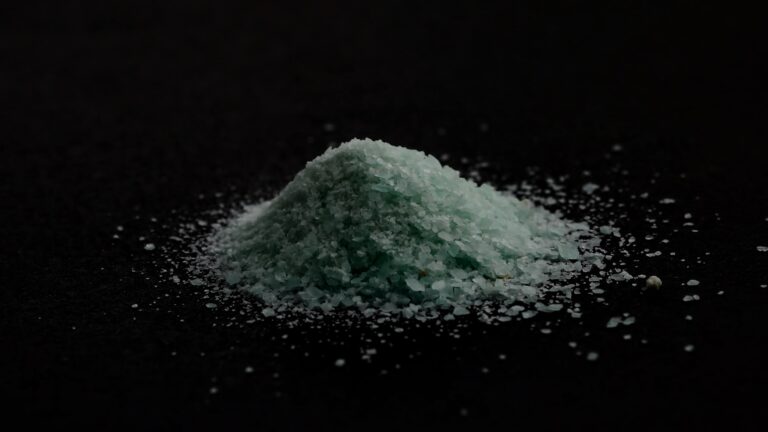
Growing Importance of Municipal Sewage Treatment in the Contemporary Era
Water has become a substantial asset for planet Earth. Population explosion has induced the demand for water. Lesser resources of water cannot replenish the needs of a colossal populace. As large volumes of water in oceans remain unusable, alternate wastewater treatment plans are required to satiate the massive demand generated. The water treatment companies can help the municipalities to maintain their sewage treatment plans.
Growing Problems of Water Scarcity
The news of water resources becoming scarce is not the latest. The problem has progressed over time leading to the emergence of water recycling and rainwater harvesting. The municipalities holding the responsibility for sewage treatment execute the concept of water re-usage. There are two crucial reasons that necessitate sewage treatment, which are as follows.
- Depletion of Water Table: The primary water source for quenching the needs of multitudes is falling below the ideal level in India. As per a report released by PIB, 68% of the total wells have shown the water level being 5.0 m below the level of the
- Non-Usability of Water: Present in the forms of icecaps or water that is not potable, the need for replenishing groundwater is crucial. It further creates the demand for sewage treatment that refines water for use and can treat sludge to improve soil productivity.
Pollution of Running Streams
When untreated water trickles down into a river, the freshwater source is polluted. Rivers, being a freshwater source, satiate the demand for water. Any contaminants in the running water streams can clog them creating harsh environmental impact as well as depleting freshwater resources. One news article revealed that 22% of untreated waste from the national capital reaches Yamuna. Such heartrending revelations justify the need for water treatment plant in India.
Disturbance of Aquatic Life Balance
If untreated water from sewage is released to running water resources, like rivers, they would further pollute the oceans. The biodegradable substance in contaminated water creates oxygen deficiency in the oceans.
Decomposable content like phosphorus, which is high in untreated water, is harmful to specific species. Organic materials like phosphorus and nitrogen with their increased density lead to eutrophication (increased CO2 in oceans). The process increases algae production over the surface of the ocean making it hard for the sunlight to penetrate in water.
Conclusion
Business conglomerates like Triveni group help municipal bodies set up sewage treatment plants. Sewage treatment is achieved through different phases. Furthermore, the municipal sewage treated water can be employed to replenish water tables or it can be discharged for domestic or industrial use.



